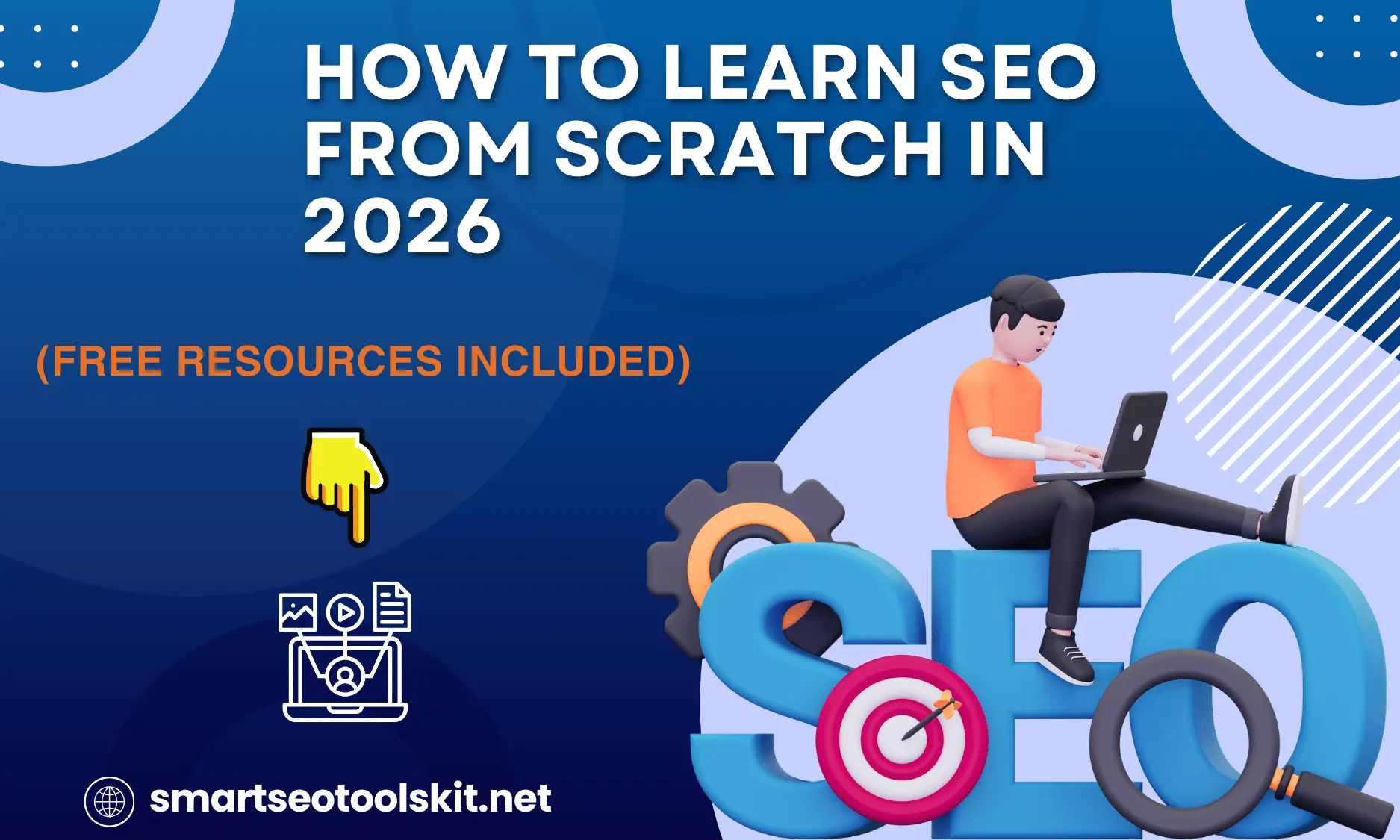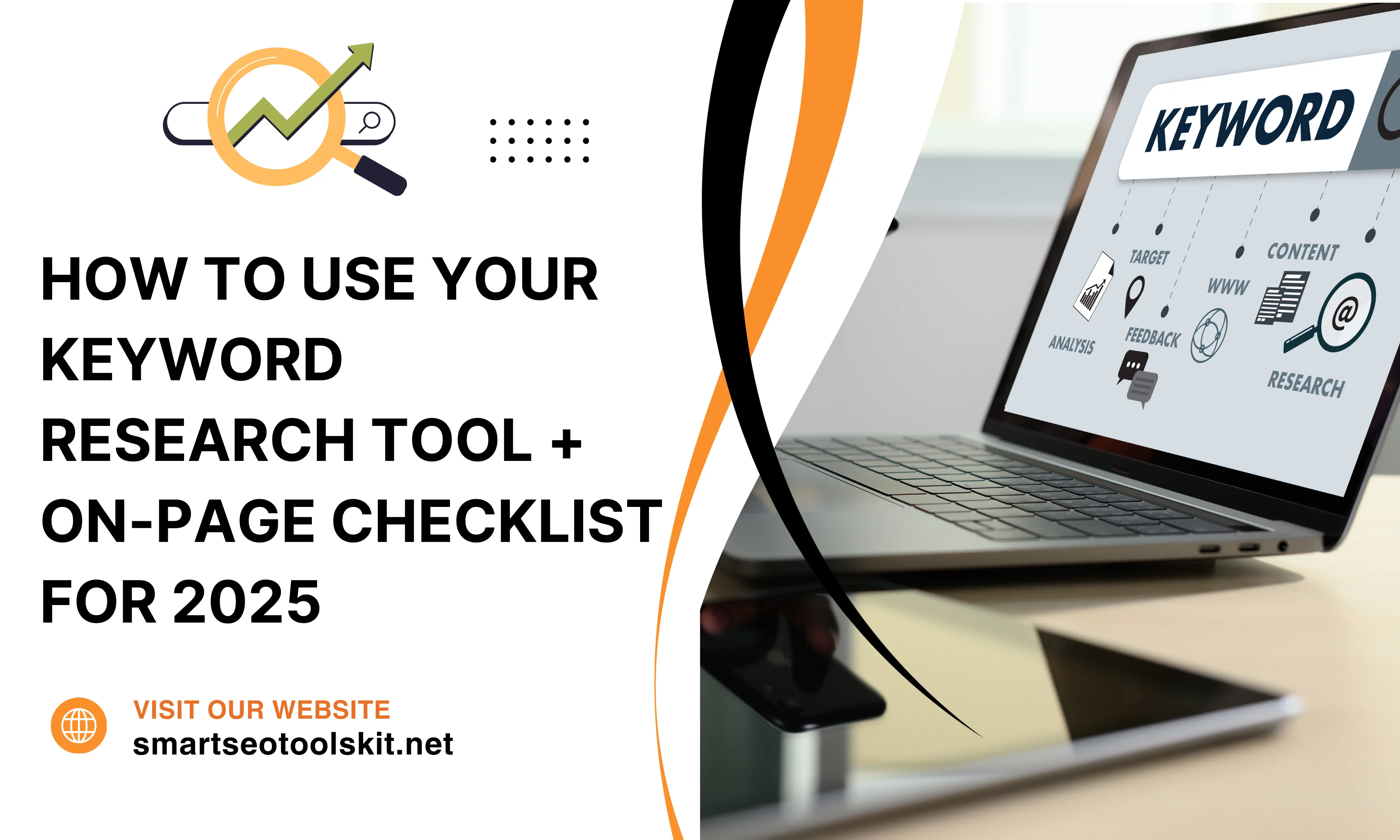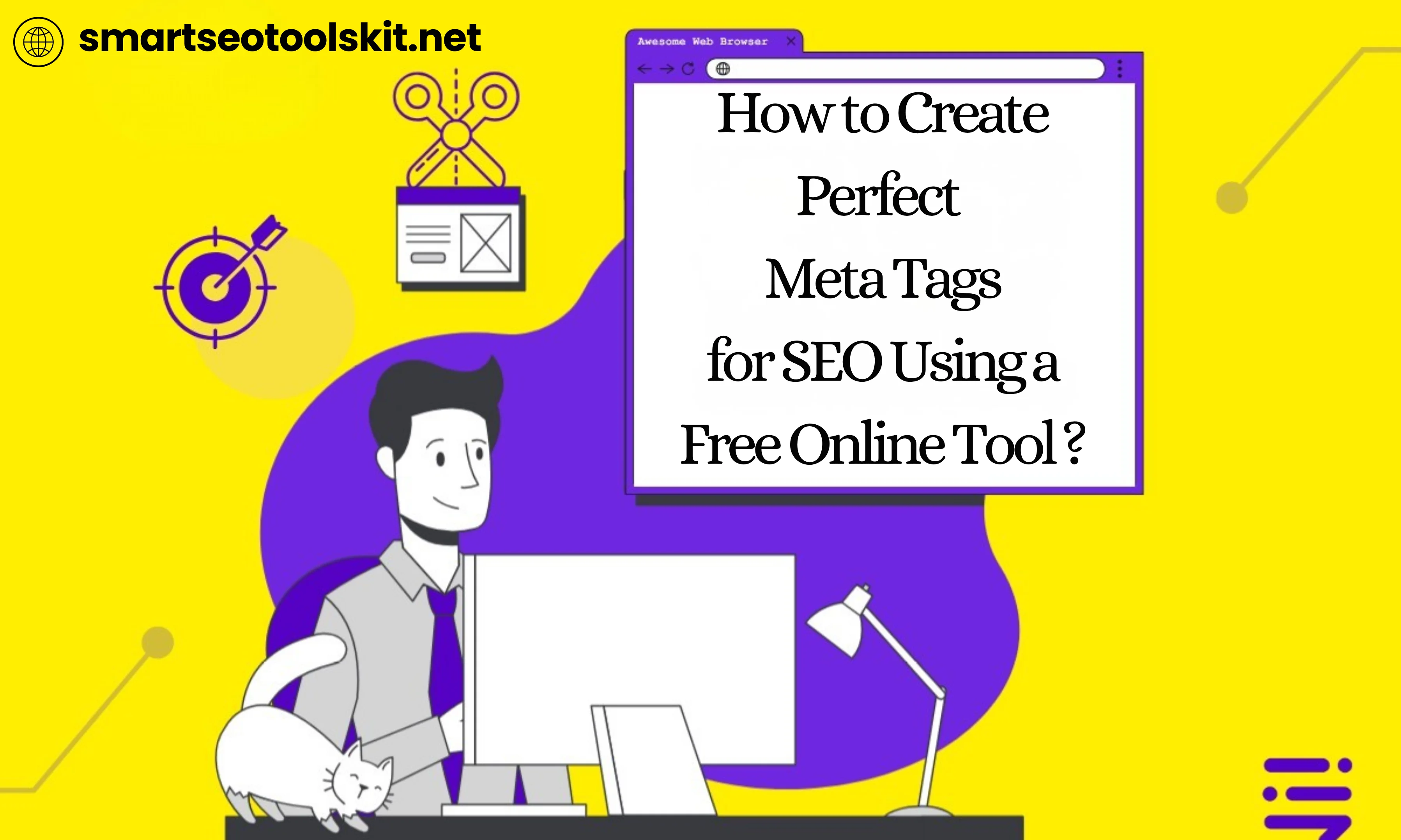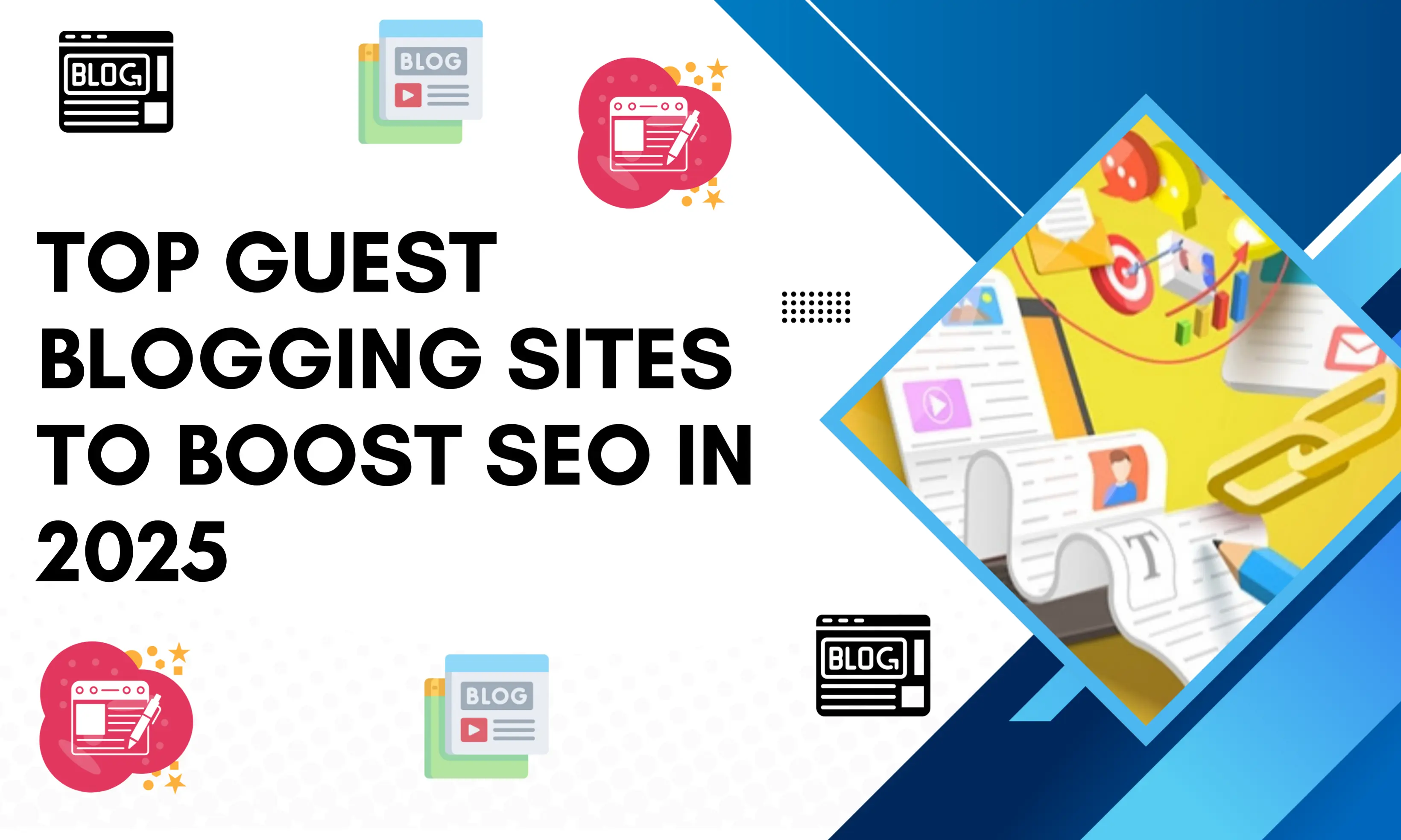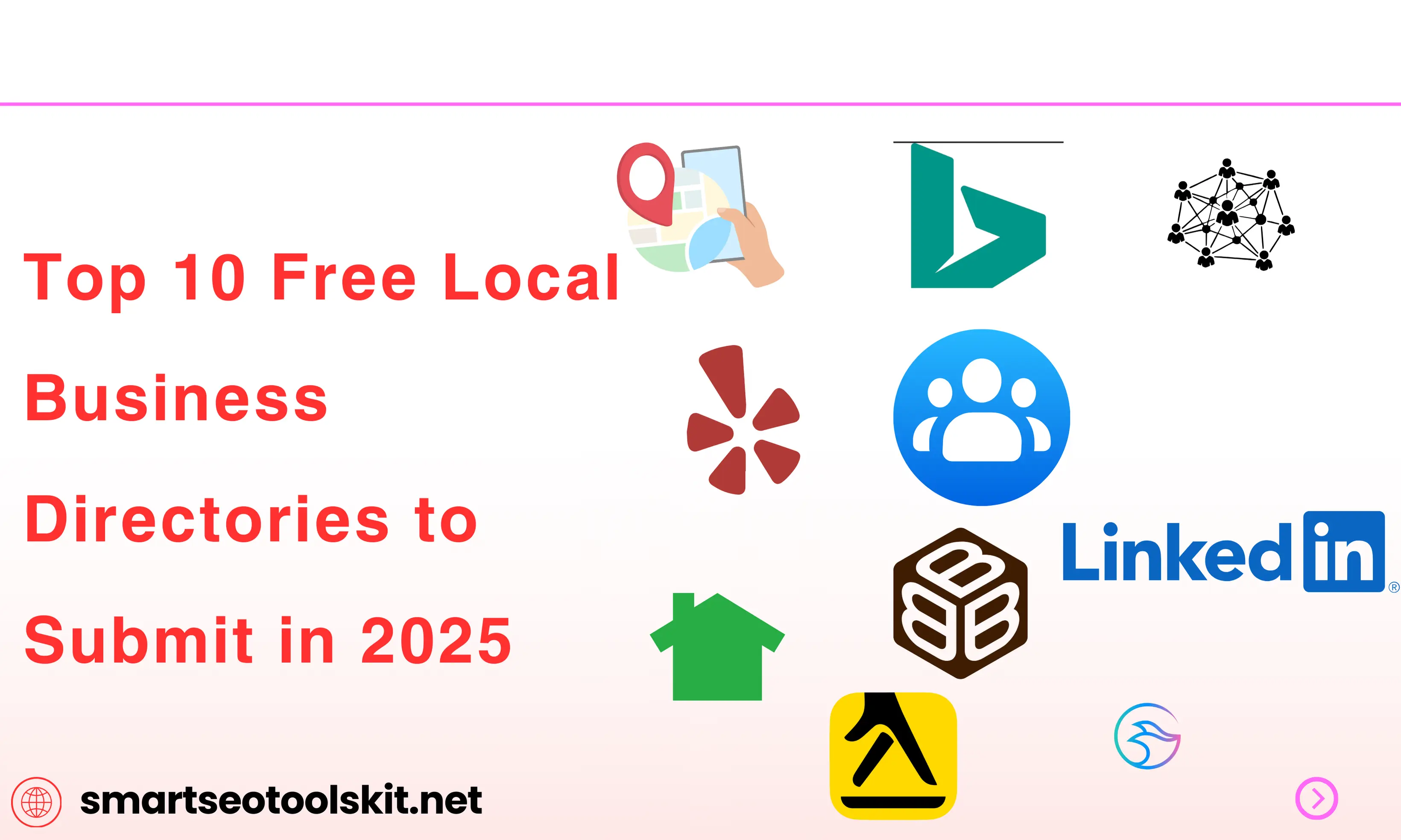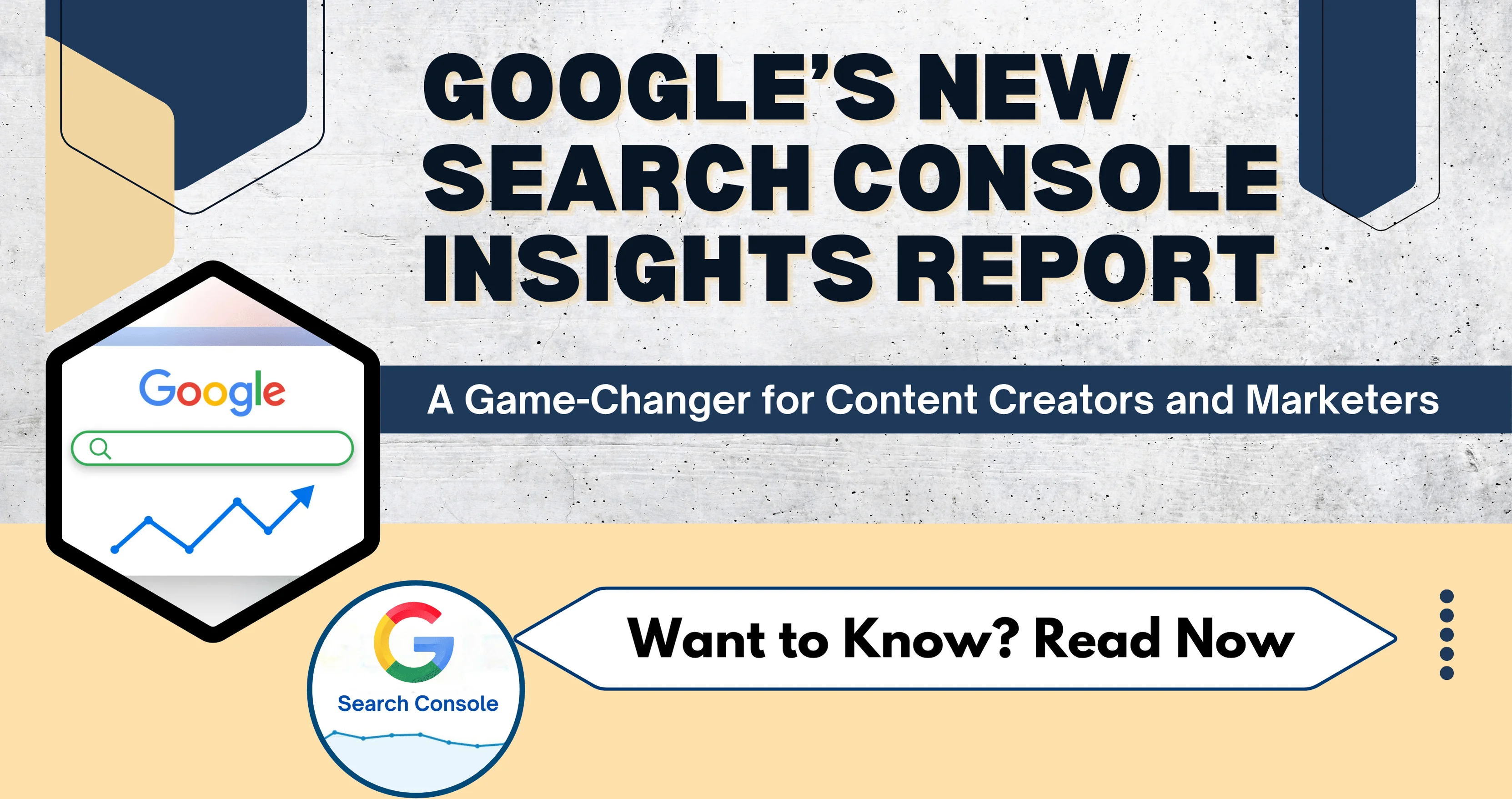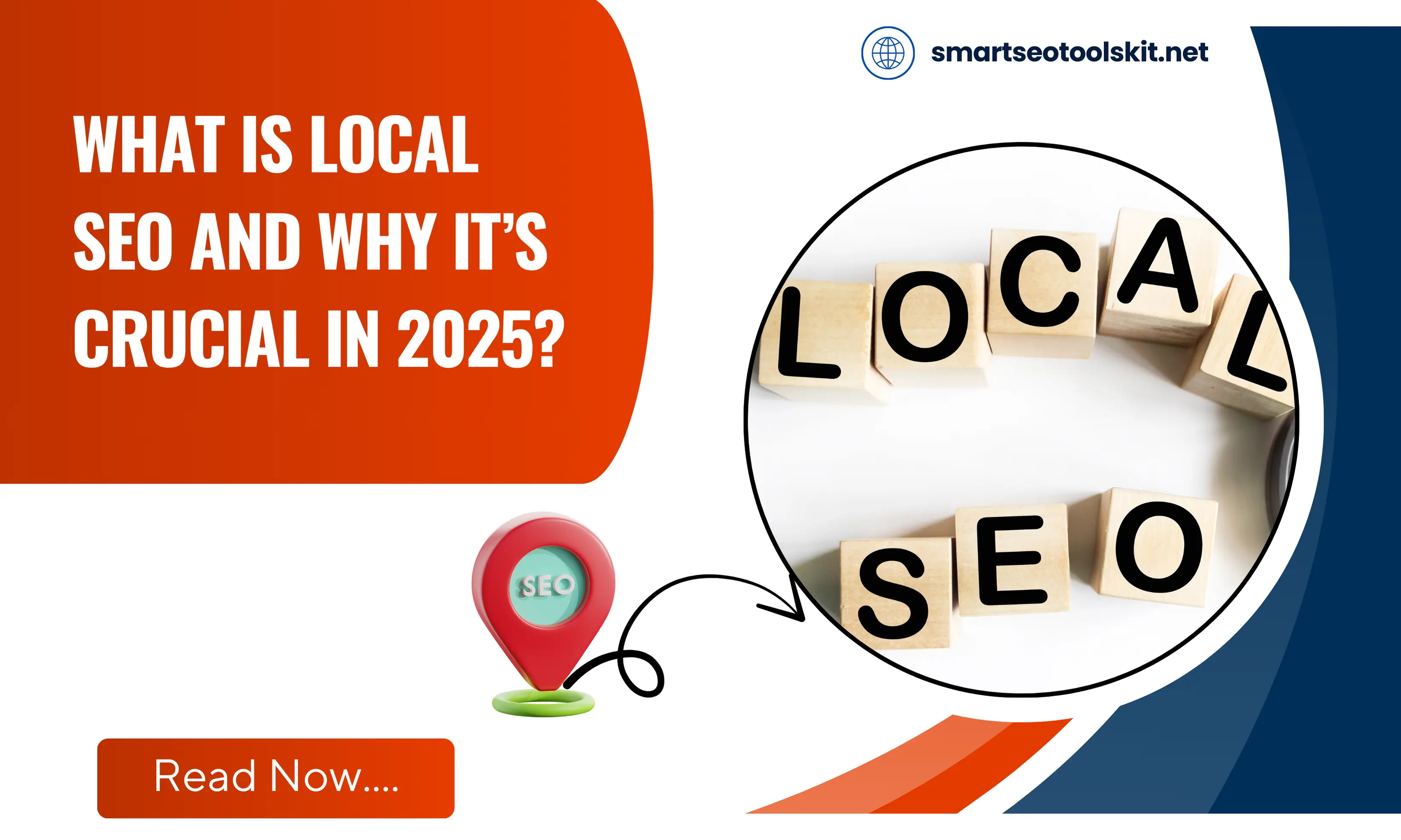Artificial Intelligence (AI) has transformed content creation, making it easier than ever to generate blog posts, product descriptions, and even marketing copy. But how does AI-generated content impact SEO? Does Google rank AI-written articles, or does it penalize them?
There’s a lot of speculation about Google’s stance on AI content and whether AI-generated text can rank well in search results. The short answer is: Google doesn’t penalize AI content just because it’s AI-written—but it must meet quality standards.
In this blog, we’ll explore AI in content creation, how Google evaluates AI-generated text, and AI content best practices for ranking higher in search results.
Does Google Penalize AI-Generated Content?
One of the biggest concerns among content creators is whether Google penalizes AI-generated content. In the past, Google’s guidelines discouraged "automatically generated content", leading to fears that AI-written articles could harm SEO.
However, Google has clarified its position:
“Using AI doesn’t automatically mean content is bad for SEO. What matters is quality.”
This means that AI content SEO is possible, but it must be valuable, original, and aligned with Google’s content guidelines.
If AI-generated text is spammy, repetitive, or unhelpful, Google’s algorithms will downgrade it in search rankings. However, if it meets user intent and provides value, it can rank just like human-written content.
Go In Depth: How to Withstand Algorithm Updates and Optimize for AI Search
Google’s E-E-A-T Guidelines and AI Content
Google evaluates content using E-E-A-T (Experience, Expertise, Authoritativeness, and Trustworthiness). If you’re using AI for content creation, it’s crucial to ensure that your AI-generated text meets these standards.
1. Experience
Google prefers content created by people with firsthand experience. Since AI lacks personal experience, it’s essential to add human insights, case studies, or real-world examples to make content engaging.
2. Expertise
AI can generate text on any topic, but it doesn’t have true expertise. To boost AI content SEO, have a subject-matter expert review the article and add expert opinions where needed.
3. Authoritativeness
If your website is a trusted source, AI-generated content is more likely to rank. Cite authoritative sources and build internal links to strengthen credibility.
4. Trustworthiness
Google ranks content that is accurate and reliable. AI sometimes generates incorrect or misleading information, so fact-checking AI-written articles is essential.
By following E-E-A-T principles, AI-generated content can rank higher in search results and avoid Google penalties.
Go In Depth: 6 Game-Changing Content Marketing Strategies You Can’t Ignore in 2025
Can AI-Written Content Rank on Google?
Yes! AI-generated content can rank on Google if it follows SEO best practices. However, low-quality AI content is unlikely to perform well.
Common AI Content Issues:
- Lack of originality – AI often produces generic text.
- Inaccuracies – AI sometimes includes incorrect facts.
- No personal touch – AI lacks emotions and experiences.
To improve AI content SEO, human editing is essential. AI should be used as a tool, not as a replacement for human creativity.
Go In Depth: Boost Your SEO: How to Refresh Old Content and Drive New Traffic
How to Optimize AI-Generated Content for SEO
If you want AI-generated content to rank, it must be optimized correctly. Here’s how to improve AI content SEO:
1. Make AI Content Sound Human
AI-generated text can sound robotic. To improve AI in content creation, ensure your article feels natural and conversational.
✅ Use short sentences and simple words.
✅ Add personal insights or storytelling.
✅ Remove repetitive AI-generated phrases.
For example, instead of:
"AI-generated content is useful for SEO and can help improve rankings."
Try:
"When used correctly, AI can boost your SEO. But don’t just copy and paste—make it engaging and informative."
2. Use Proper Formatting for SEO
Google ranks content higher when it is well-structured and easy to read.
✅ Use H1, H2, and H3 headings for better organization.
✅ Break text into short paragraphs for readability.
✅ Use bullet points and numbered lists where needed.
Proper formatting improves user experience and makes it easier for Google’s crawlers to understand your content.
3. Place Keywords Naturally
Keyword stuffing can harm AI content SEO. Instead, use Latent Semantic Indexing (LSI) keywords—related terms that help Google understand your topic.
Instead of overusing "AI-generated content SEO", try variations like:
✔ "Optimizing AI-written content for Google"
✔ "How Google ranks AI-generated text"
✔ "AI content guidelines for better rankings"
This keeps your article SEO-friendly and readable.
Go In Depth: Keyword Gap Analysis: How to Find & Use Missing Keywords to Beat Your Competitors
4. Add Internal & External Links
Google prioritizes content with strong internal and external links.
✔ Internal links – Link to relevant pages on your site.
✔ External links – Cite authoritative sources (Google, Moz, etc.).
For example:
"Google recently updated its E-E-A-T guidelines. Learn more about it here."
This improves SEO and user trust.
Go In Depth: 10 Advanced Link Building Strategies for 2025: Boost Your SEO & Rankings
5. Fact-Check AI Content Before Publishing
AI sometimes hallucinates or makes errors. Always:
✔ Verify facts with trusted sources.
✔ Cross-check statistics and data.
✔ Edit AI-generated text for accuracy.
For example, don’t just trust AI’s claims—double-check with official reports, studies, or expert opinions.
The Future of AI Content & SEO
AI in content creation is here to stay, but human oversight is essential. Google’s algorithms will continue evolving to detect low-quality AI content, so the key is combining AI with human expertise.
Predictions for AI Content SEO in 2025:
- More advanced AI tools will create higher-quality content.
- Google’s ranking factors will emphasize originality and trust.
- AI-human collaboration will dominate content marketing.
Rather than relying entirely on AI, businesses should use AI as a writing assistant while keeping human creativity at the core.
Go In Depth: 5 SEO Ranking Challenges in 2025 And How to Fix Them Fast
Final Thoughts: Should You Use AI for Content Writing?
AI-generated content can rank on Google, but only if optimized properly. Here’s when to use AI:
✔ For content ideas – AI can help brainstorm topics.
✔ For first drafts – AI speeds up writing, but manual editing is required.
✔ For repetitive content – AI works well for FAQs and descriptions.
🚫 Avoid AI for:
❌ Highly technical topics – AI may produce incorrect details.
❌ Opinion-based content – AI lacks personal experiences.
❌ Publishing without edits – AI text often needs human touch.
The best approach? Blend AI efficiency with human expertise for the best SEO results.
Also Read: How to Find the Search Intent of Your Focus Keywords
Conclusion
Google does not penalize AI-generated content, but quality matters. If you want AI-written articles to rank:
✅ Make AI content sound human by rewriting robotic text.
✅ Use proper formatting for better readability and SEO.
✅ Place keywords naturally to avoid over-optimization.
✅ Add personal experiences and expert insights for credibility.
✅ Verify AI-generated information before publishing.
By using AI strategically, you can create SEO-friendly, high-ranking content that performs well on Google in 2025 and beyond. 🚀
Frequently Asked Questions (FAQs)
Q1: Does Google penalize AI-generated content?
No, Google does not automatically penalize AI-generated content. Their focus is on the quality and usefulness of the content, regardless of how it was produced. Content that is helpful and relevant to users is prioritized in search rankings.
Q2: How can I ensure my AI-generated content aligns with Google's guidelines?
To align with Google's guidelines, ensure your AI-generated content adheres to the principles of Experience, Expertise, Authoritativeness, and Trustworthiness (E-E-A-T). This includes providing accurate information, citing reputable sources, and delivering value to readers.
Q3: Should AI-generated content be labeled for transparency?
While Google does not mandate labeling AI-generated content, transparency can enhance user trust. Clearly indicating the use of AI in content creation can help maintain credibility with your audience.
Q4: Can AI-generated content achieve high search rankings?
Yes, AI-generated content can achieve high search rankings if it meets Google's quality standards. The key is to focus on creating valuable, user-centric content that satisfies search intent.
Q5: What are the best practices for using AI in content creation?
Best practices include using AI as a tool to assist in content creation, ensuring human oversight to maintain quality, fact-checking information, and tailoring content to meet user needs effectively.
.png)
